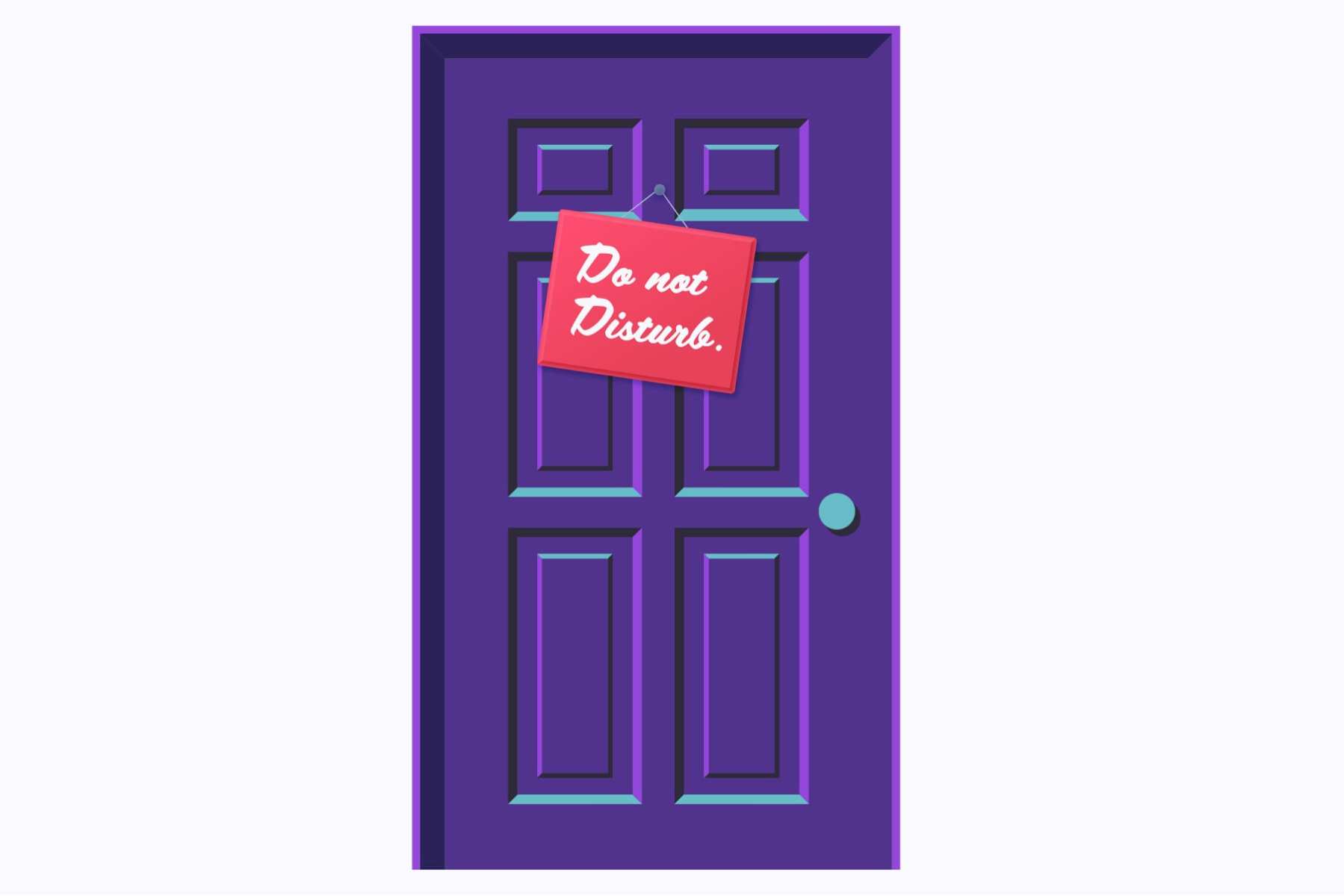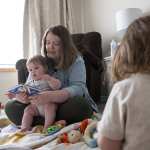We’re the only newsroom dedicated to writing about gender, politics and policy. Subscribe to our newsletter today.
I’m not going to brunch.
That’s not how I do Mother’s Day. I want to sleep in, I want to binge “Couples Therapy,” I want to eat cheese for lunch. I want to do it all without another person talking to me or touching me or asking me for something. And that’s the plan, to chill out and not feel guilty, and not feel guilty about not feeling guilty.
Family brunch is not a break. I want a break, and experts back me up. I called sociologists, and research supports the idea that I and other moms deserve this day alone.
Of course, we don’t always get what we deserve, and single parents in particular are probably muttering at me right now. I get it: I am lucky I can claim this time. I am married, we are both employed and we have both been able to work from home during the pandemic. We (mostly) don’t have to work on weekends. I have just one child and she’s 7, old enough to not need constant minding.
But that feeling of being lucky is actually kind of complicated, and a sign of how little support many parents, particularly mothers, have.
Working moms in the United States who are better off financially tend to turn to a “discourse of luck and gratitude,” said Caitlyn Collins, a sociologist at Washington University in St. Louis and the author of “Making Motherhood Work,” which compares the experiences of mothers across different countries. These moms, like me, understand that they’re fortunate to be able to pay for child care or work from home — and that their ability to do that is connected to the fact that other parents cannot.
The pandemic has heightened that feeling, but it has also made the work of parenting more intensive, more nonstop for many of us.
That has taken a toll. Both mothers and fathers were more likely to report being anxious or depressed during the pandemic than they were before it. But mothers are more exhausted: More than 90 percent reported feeling more tired or having less energy than before the pandemic, compared with just 35 percent of fathers, according to a 2020 survey. That’s true regardless of race and level of education.
“The first thing to go for mothers, especially when they’re being pulled simultaneously in a lot of different directions, is their own sleep and self care,” said Jess Calarco, the Indiana University sociologist who ran the survey.
And in households with a mother and a father, the survey showed, mothers were more likely to have a lot piled on them. (Research has shown that same-sex couples stop dividing chores as equally when they have children, when the lower-earning parent is more likely to do more in the house and for children.) Mothers have been more likely to leave the workforce in the pandemic. They’re more likely to be in lower-paid professions, they’re more likely to work part time, and they’re more likely to be paid less than male counterparts in their jobs. The gender pay gap is driven primarily by women who have children. And so, because they are paid less, or more likely to work fewer hours, and because that’s The Way It Always Has Been, women are often the primary parents.
“Mothers — from fathers’ perspectives, from kids’ perspectives and often also from mothers’ perspectives — are often the default parent,” Calarco said.
Liana C. Sayer runs the Maryland Time Use Laboratory, which looks at how people spend their time. Research also tells her that mothers still generally do the bulk of the parenting work. Usually when fathers spend time with kids, Sayer said, the mother is also there. The same isn’t true of mothers: They’re present for both family time and solo parenting time.
“Mothers are the ones who historically have been the primary parent, and they’re the ones that society continues to hold at fault if something goes wrong,” Sayer said.
As a society we’ve largely established that dads can’t call taking care of their own children “babysitting.” But we still often praise men for spending time with their kids and criticize women for kids not being perfectly well-behaved. Moms feel that, and spend more time with their children as a result.
“There’s no real way to know if you’re spending enough time with your children,” Sayer said. “It’s not like, ‘Oh, I’ve spent 10 hours, that’s fine, I can check that off.’”
If you spend more time with your kids, can you avoid slinking out of a public place when your child is having a meltdown? Can you teach them manners and respect and how to bake a cake and how to ride a bike and how to play a musical instrument and how to speak another language?
“Being a good mom means being fully committed to their children,” Collins said. Americans tend to set up an ideal of motherhood that is an “emotionally intensive, time-intensive experience” — meaning “that to be a good mom is a goal that feels categorically impossible.”
Sociologists keep coming back to the fact that in many other countries, the work of parenting is supported by the government. There’s more child care and more activities that don’t involve parents’ active involvement.
It’s time to end “the glorification of motherhood,” Calarco said. “Yes, give moms [time] off, great, but also having a day when we lay all this praise on moms lets us get away with … treating women as a safety net rather than giving women the actual social safety net that we need.”
Leaving Mommy alone for Mother’s Day has become a tradition in our house. It started with a brunch outing a few years ago that was totally fine — except for the part where I had to get a young kid out of the house at a certain time, dressed and with shoes on, not starving but also ready to eat, and having been asked repeatedly whether she had to go potty.
A day alone, or a few hours alone, is not a solution to the way the pandemic upended everything. It doesn’t right the wrongs of a society that expects more of mothers, or of systems that keep women overtired and underpaid.
It’s OK to crave personal hygiene, a closed bathroom door, an uninterrupted shower. It’s OK to want a break from the child begging to watch a show for the 85th time in a row.
And it’s not just me who says this.
“We’re not meant to live with our families all the time and be around them all the time,” Collins said. “Kids benefit by being raised by a diversity of people, by being socialized by a diversity of people.”
Even if the past year hadn’t been what it was, it would have been a lot. For single moms, for moms with multiple jobs, for moms barely hanging on — it was colossal.
Moms with young kids at home, I will toast you on Sunday, from my bed, alone, when I wake up from my second nap. I hope you get a break, too. You deserve it.







